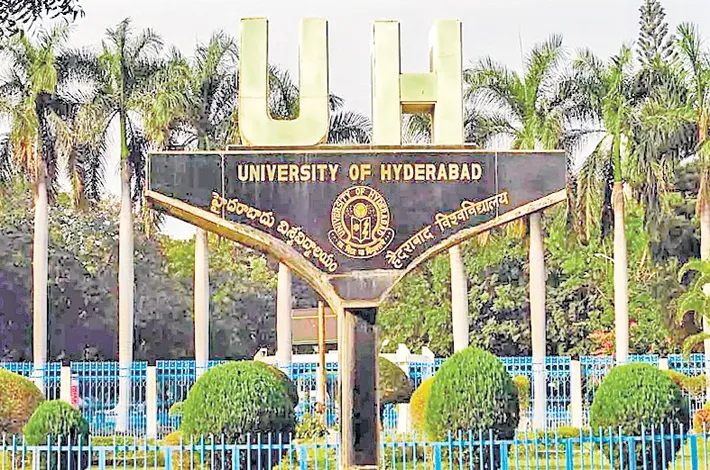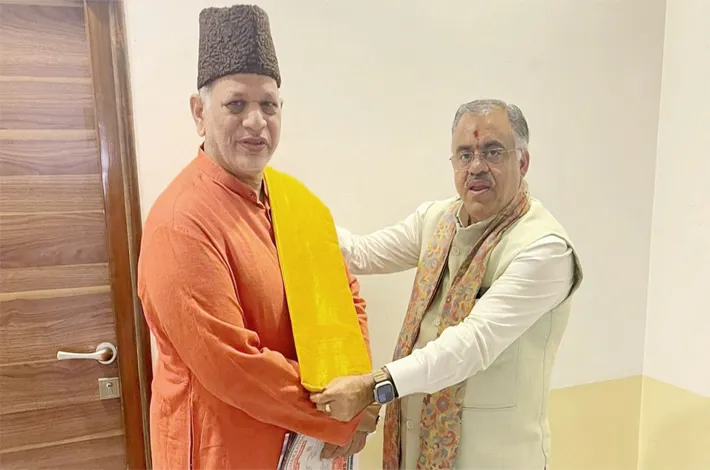UoH joins landmark global study on wild crop relatives & Soil Biodiversity
17-10-2025 12:00:00 AM

Metro India News | Hyderabad
The University of Hyderabad (UoH) has contributed to a major international study revealing how wild ancestors of modern crops sustain unique underground microbial communities vital for soil health and climate resilience.
The research, titled "Native edaphoclimatic regions shape soil communities of crop wild progenitors", was published in ISME Communications, a journal from Oxford University Press and the official publication of the International Society for Microbial Ecology (ISME), Netherlands.
Led by María José Fernández-Alonso of Universidad Autónoma de Madrid, the project involved 25 research groups from 11 countries, including India. From UoH, Professor Appa Rao Podile and his team - Dr. Ch. Danteswari and Dr. P.V.S.R.N. Sarma from the Department of Plant Sciences - played a key role through field studies on wild relatives of the ‘little millet’ crop.
The study analyzed soil microbial communities from 125 populations of 10 crop wild progenitors across diverse global ecosystems. It found that wild crops harbor rich, specialized microbiomes - bacteria, fungi, protists, and invertebrates - that are finely tuned to local soil and climate conditions. Four major ecoregions were identified based on soil texture, nutrients, aridity and carbon storage.
Professor Podile highlighted that understanding the natural microbiomes of wild crops offers “nature-based solutions to enhance soil fertility and sustainability.” The findings emphasize conserving wild crop relatives not only for genetic diversity but also as reservoirs of vital soil microbiota. This pioneering research provides a foundation for restoring degraded soils and developing climate-resilient, microbiome-based agriculture.








